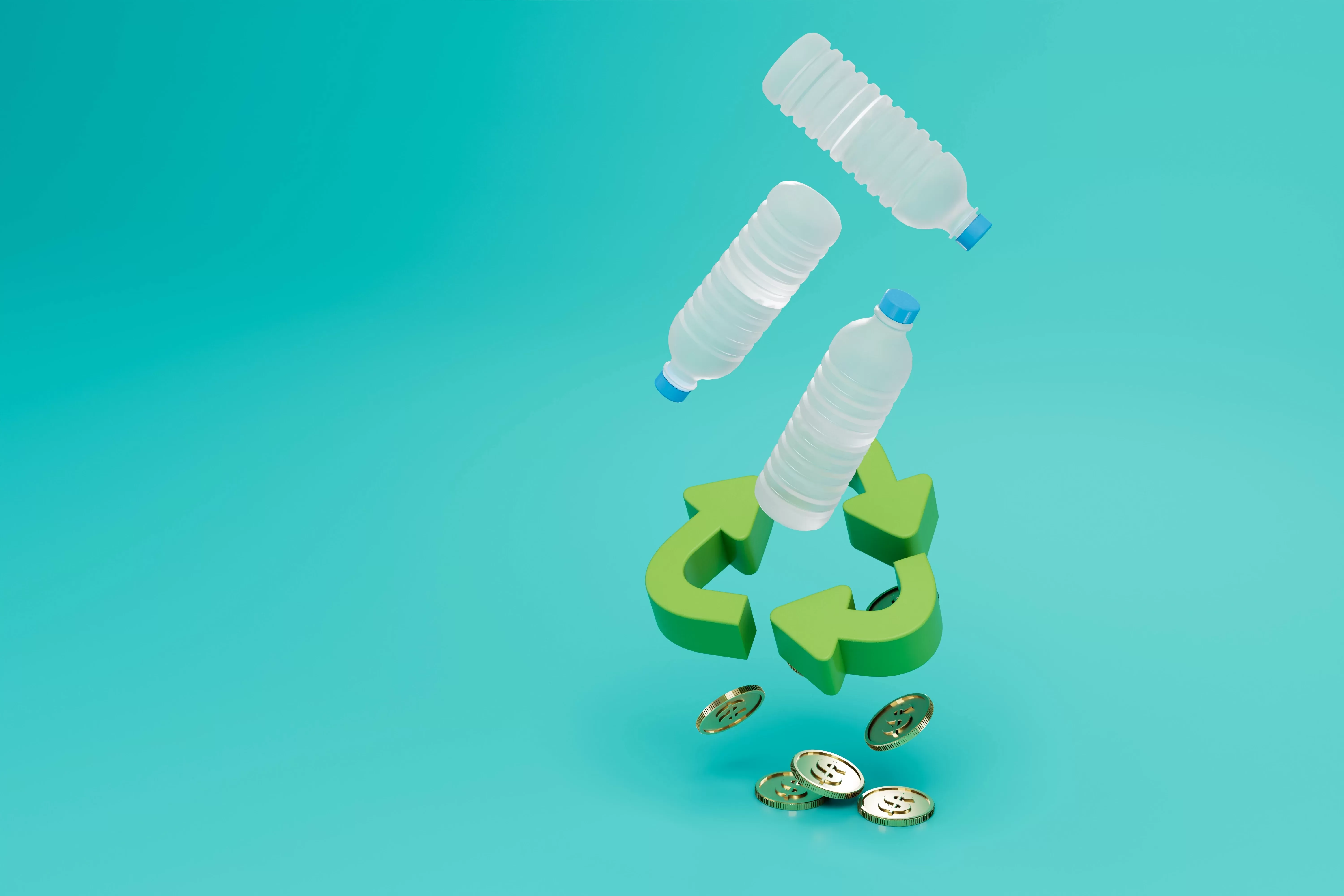
- CSR PLASTIC | Clean Society by Recycling | Sustainability
What is Recycling, How is it Done
What is Recycling, How is it Done?
Recycling is defined as the process of reprocessing used materials into new products. This process is very important for both conserving natural resources and reducing environmental pollution. Recycling processes also provide economic benefits. This is because reusing waste instead of producing new raw materials requires less energy and cost. Environmentally friendly practices can be implemented through LDPE recycling processes.
The recycling process generally consists of the steps of collecting, sorting, and processing waste. Once collected, waste is separated by type and then made recyclable. This process can be applied to many materials such as paper, plastic, glass, and metal. For example, used paper and cardboard are pulped to produce new paper products, and used plastics are melted down and used in the production of new plastic products.
The effectiveness of recycling is directly related to society's participation in this process. Therefore, the success of recycling programs depends on the collective efforts of individuals and institutions. CSR Plastic is at the center of comprehensive activities for the successful implementation of recycling. In this way, it contributes to the production of environmentally friendly products. Moreover, it enables the successful completion of meticulous processes such as PET recycling.
How is Recycling Done?
The recycling process consists of several basic steps. These processes are quite meticulous. Of course, this also applies to rPET recycling processes. Here are the prominent steps in recycling:
- Collection
- Sorting
- Processing
- Production of new products
Recycling begins with the collection of waste. This waste is collected in special recycling bins in homes, workplaces, and public areas. Additionally, waste can be collected on specific collection days organized by municipalities. The collected materials are sorted by type. This step is one of the most important parts of the recycling process because different materials have different processing methods.
The sorted materials are made recyclable. Plastics are melted, papers are pulped, and glass is crushed and melted. This process allows materials to be used as raw materials for producing new products. The processed materials are used in various industrial processes to produce new products. Today, recycling is considered one of the most important elements of waste management and an indispensable part of sustainable development.
Recycling plays a vital role in preventing materials from being disposed of in the environment, conserving natural resources, and reducing the amount of waste. Recyclable materials include paper, cardboard, plastic, glass, metal, and electronic waste. Recycling these materials helps conserve natural resources by reducing the need for raw materials. CSR Plastic takes steps to protect natural resources, contributing positively to the recycling process.
What are the Advantages of Recycling?
Recycling provides many environmental, economic, and social benefits. These advantages help take important steps toward a sustainable world and encourage societies to consume more consciously. Here are the key advantages of recycling:
- Conserves natural resources
- Enables energy savings
- Reduces the amount of waste
- Reduces carbon emissions
- Creates new job opportunities
- Ensures efficient use of resources
- Contributes to public awareness of the environment
Recycling reduces the use of natural resources. For example, recycled paper production prevents new trees from being cut down and contributes to forest conservation. Producing products from recycled materials generally requires less energy than processing new materials. For example, recycled aluminum consumes 95% less energy compared to new aluminum production.
The use of recycled materials reduces production costs. This allows products to be offered to the end consumer at more affordable prices. Recycling allows for the development of new technologies and processing methods. These innovations provide a foundation for economic growth and technological advancement. Recycling programs help increase environmental awareness and promote sustainable lifestyles.
Here’s What to Pay Attention to in Recycling
The effectiveness and efficiency of the recycling process depend on everyone involved being conscious and careful. Paying attention to some important points when recycling can increase the success of the process and show its positive impacts on the environment. By properly separating recyclable materials, you can ensure that processing facilities operate more efficiently.
Recyclable materials should be clean. Especially packaging containing food residues can negatively affect the recycling process. Recycling is the final step in waste management. You should first aim to reduce waste production and reuse products whenever possible. CSR Plastic takes responsibility for the successful management of all these processes.




